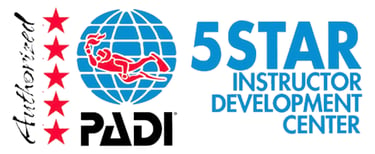Why Becoming a Dive Instructor Post-COVID-19 Is an Excellent Idea
Did the coronavirus derail your plans to be a scuba diving instructor? Find out if it's still a good idea to pursue your dream of becoming a dive pro after COVID-19.
One of the hardest things to deal with during the COVID-19 outbreak was being locked up indoors. Especially for us scuba divers, not being able to go out and dive anytime we liked was difficult. We had gotten used to having relatively easy access to dive spots, both in our neighborhoods and anywhere in the world that caught our fancy, and the early months of the pandemic saw us trying to cope by using humor to lessen the frustration.
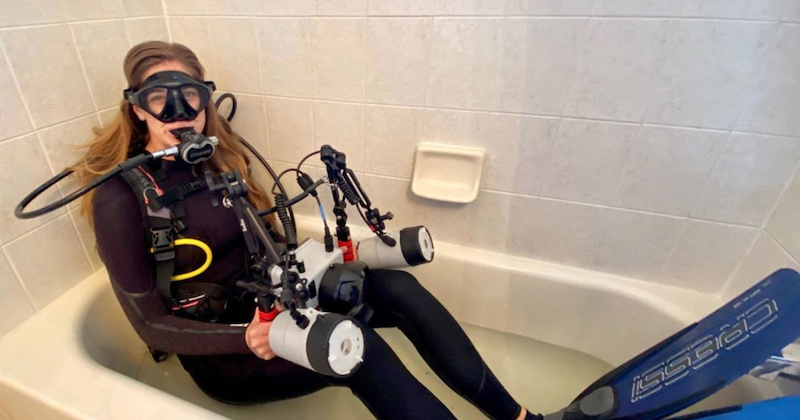

However, we can all agree that it was better to be safe than sorry and that the COVID-19 precautions were for the good of all. The World Health Organization’s recommendations and our governments’ regulations led to some questions about the post-pandemic world, though.
For example, would it ever be safe again to leave our homes without wearing masks? Could we regain confidence in closed public spaces like restaurants and bars? How about public transport like buses and trains?
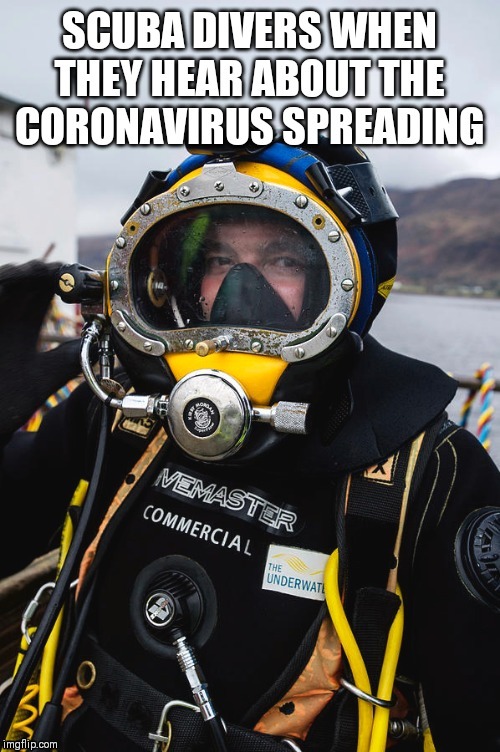

Is scuba diving a safe activity in the post-COVID-19 era?
With regard to COVID-19, scuba diving is actually one of the safest sports and activities out there. For one thing, we are usually outdoors. Numerous studies have shown that being in the open air reduces the risk of infection significantly because fresh air disperses and dilutes the coronavirus.
Furthermore, it can’t be denied that our diving masks, snorkels and regulators provide some protection for our eyes, noses and mouths. And if there is ever a time that breathing clean, compressed air is a desirable option, this is it!
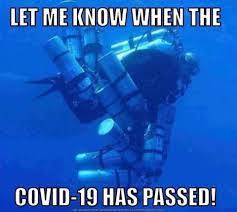

Nevertheless, it is only natural to wonder how safe it is in this post-COVID-19 world to take scuba diving courses and join dive trips. And for dive professionals like divemasters and dive instructors and those thinking about becoming dive pros, is this still a good way to make a living?
The short answer is a resounding yes. After years of being stuck at home, everyone is ready to get out and explore new places—or even revisit old favorites. This has led to a cautious yet optimistic rise in tourism.
Why is there a travel boom after COVID-19?
Now that COVID-19 restrictions have loosened up and we seem to be settling into the new normal, people are starting to travel and engage in leisure activities like scuba diving again. In fact, a new phenomenon has emerged called “revenge travel.”
HuffPost explains revenge travel this way: “After all the trauma, frustrations and sacrifices made by so many people throughout the COVID-19 pandemic, the sudden surge in vaccinations across the country is trailblazing a sense of urgency and impatience to travel once again.”
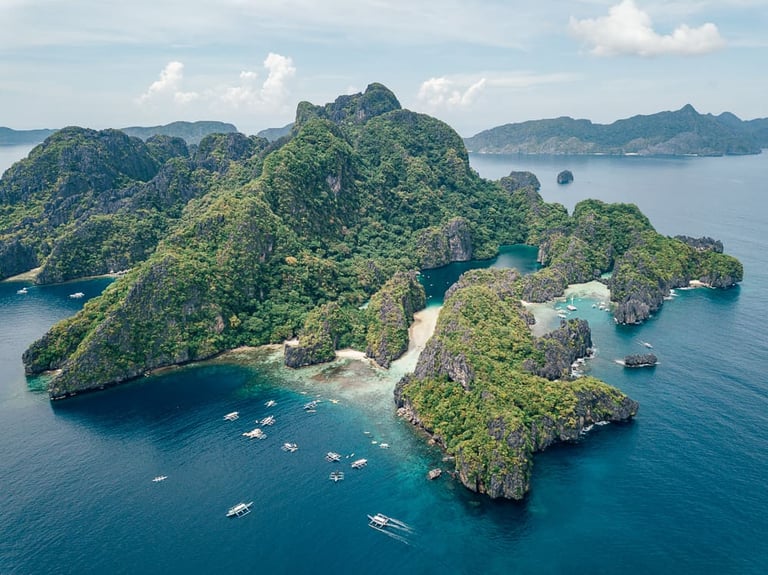

Indeed, Konrad Walizewski, co-founder and CEO of the travel app Tripscout, said, “We are no longer going to take for granted that there will always be a flight tomorrow and an open border waiting to greet us. We will make up for the lost time and experiences with a vengeance.”
What does the new normal mean for dive professionals?
This increase in tourism, which includes dive courses and dive travel, is excellent news for us. Business is picking up, and dive centers and dive destinations have started to recover. We are finally seeing the light at the end of the tunnel, which will hopefully reward our patience.
The good news is that PADI dive pros are in a great position to take advantage of this uptick in travel that experts say will last for the next few years. For instance, the Professional Association of Diving Instructors had already begun transitioning to eLearning a long time before the pandemic.
Digital learning is not just a business opportunity; it is also an effective and efficient teaching tool because it allows us to minimize physical contact with our students and clients. In addition, eLearning is something everyone can appreciate, since we would all rather be in the water than in the classroom anyway.
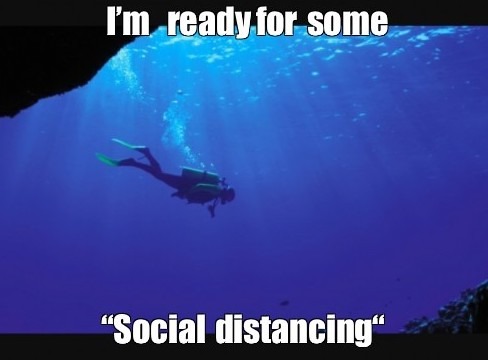

How does PADI eLearning work with the Instructor Development Course?
The Instructor Development Course typically takes 10–12 days, and before eLearning became widespread, a considerable amount of that time was spent sitting in class and going through a lot of material. With over a dozen modules to cover, such as the PADI System Overview, Risk Management and Legal Consideration, PADI Quality Management and Licensing and the Business of Diving, there used to be many, long “dry” stretches in between in-water sessions.
But now, those modules can be completed in the comfort of the IDC candidate’s own home and at their own pace. This leaves more time for practicing confined water and open water skills and improving teaching presentations during the actual IDC.
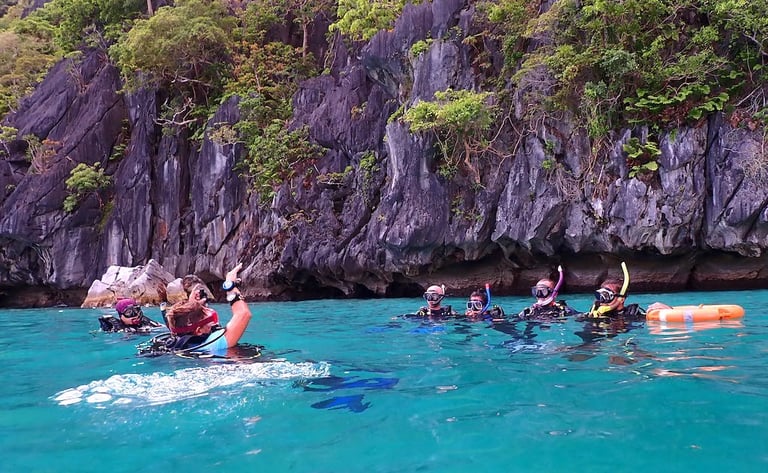

Moreover, because of the pandemic, we have become very familiar with video communication apps like Zoom, Google Meet and GoToMeeting. They have allowed us to stay in touch with friends and family while isolating at home, and nowadays they are common and invaluable tools for business and learning.
That means it is easier than ever for instructor candidates to communicate with their course director before meeting face-to-face. With just an internet connection, these apps let students ask questions and clarify topics regarding the IDC prior to arriving at the dive center.
Post-COVID-19 is the best time to become a dive instructor
The pandemic taught us that everything in our world can change at the drop of a hat. We can never be sure what will happen in the future. The best things we can do are to stay strong, keep in constant touch with our loved ones and be kind to ourselves while riding out difficult times.
In a way, scuba divers are luckier than most people because we have opportunities to be close to nature and get away from stress in a peaceful environment. In addition, diving teaches us the importance of patience, taking care of our well-being and being connected with the world around us.
Is that something you would like to share with others? Then maybe you are made for a career in scuba diving instruction. If you want to learn more about becoming a dive instructor in the post-COVID-19 world, drop us a line.

